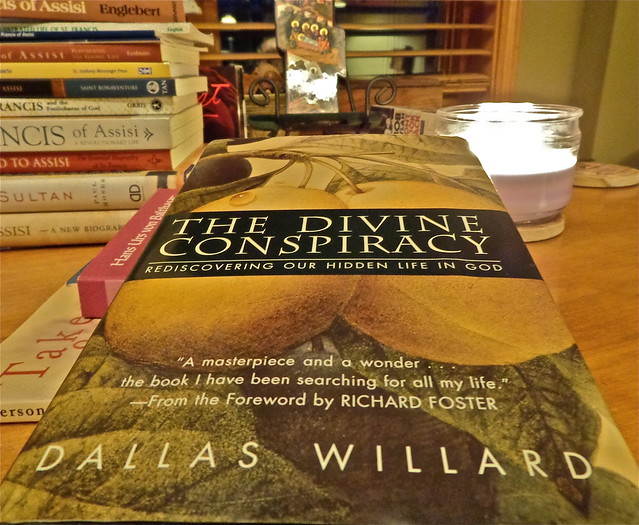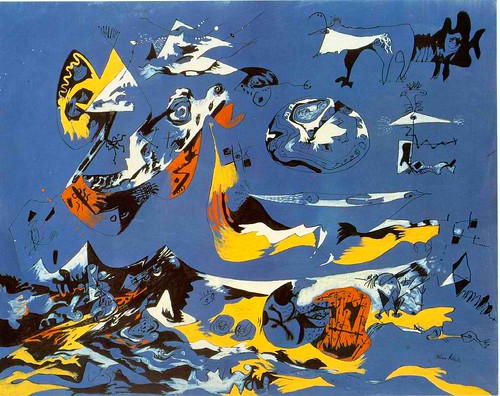The Divine Conspirator: My Dallas Willard Story
Dallas Willard
(September 4, 1935 — May 8, 2013)
In another lifetime, before I became the man I am today, I was searching…searching for I didn’t quite know what. I was utterly weary of a paper-thin Christianity propped up by cheap certitude recycling tired clichés. I was yearning for something deeper, richer, fuller. Yes, I was searching, but I hardly knew where to look. I was embarrassingly ignorant of “the good stuff.” With nowhere else to turn I began reading the Early Church Fathers, philosophy, and classic literature. Maximus the Confessor, Søren Kierkegaard, and Fyodor Dostoevsky were a big help, but I needed something contemporary — I needed a well dug in my own time.
One afternoon I was in my library. I was deliberately looking for a book that would “give me a breakthrough.” I couldn’t settle on anything. So I prayed: “God, show me what to read.” And I sensed…nothing. I went downstairs feeling a bit agitated and slumped into a chair. Within a minute or two Peri walked into the room, handed me a book and said, “I think you should read this.” She knew nothing of my moments ago prayer, but she had just handed me a book, and told me to read it. This was my Augustine-like “take and read” moment. It sent chills down my spine. The book was Dallas Willard’s The Divine Conspiracy. The strange thing was Peri had not read it and had no more idea who Dallas Willard was than I did. Neither of us were sure how the book had even made its way into our house. But, oh my, was it ever an answer to prayer!
Read more








